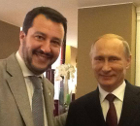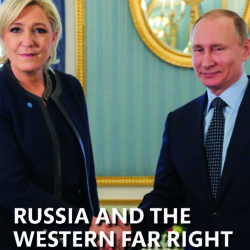The anatomy of Russian disinformation operations in Germany
As I have argued elsewhere, the Russian marketing and political consulting firm called Social Design Agency (SDA) founded by Russian political technologist Ilya Gambashidze (sanctioned by the EU) is currently a major Russian organisation conducting malign influence operations in the Western media and public spaces. In particular, the SDA “was involved in one of the most insidious Russian disinformation international campaigns that was dubbed Operation Doppelganger and consisted in spreading false information using fake websites impersonating government organisations and international media”.
In response to the Russian leaks of the secret talks in the German Bundeswehr, in this post I detail SDA’s two disinformation operations targeting Germany. While I provide original names of these operations, I refer to them, for brevity’s sake, as (1) “German boots on the ground”, and (2) “German reparations to Poland”. The text below is an English translation of the SDA’s description of the two operations; my additional comments and clarifications are highlighted. This post aims to show the typical mechanics, principles and scenarios of Russian disinformation campaigns.
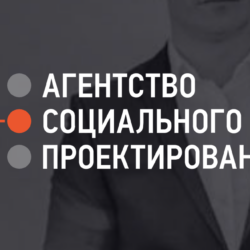
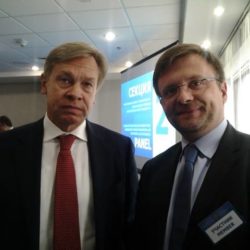
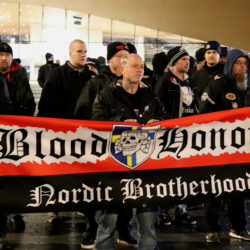
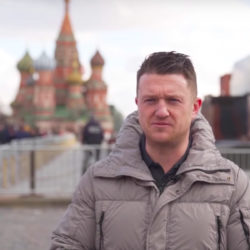
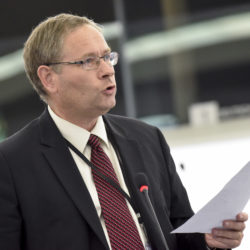
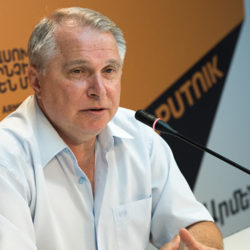
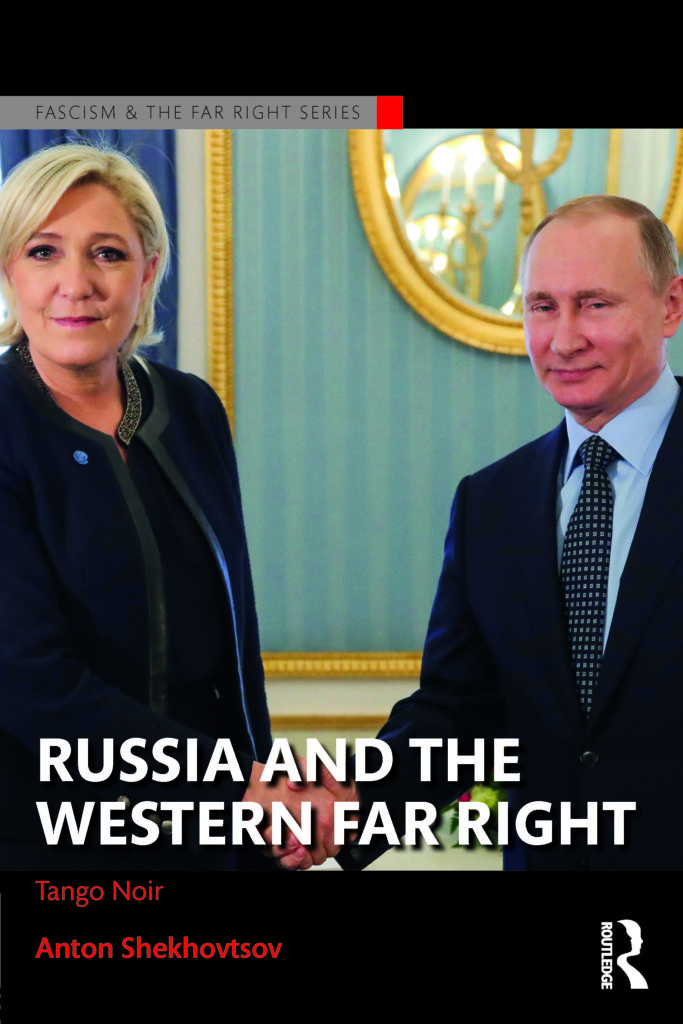 Anton Shekhovtsov est un politologue ukrainien spécialisé dans l’étude des mouvances d’extrême droite en Europe et, en particulier, de leurs liens avec la Russie. Son dernier livre affiche en couverture une photo de Marine Le Pen et de Vladimir Poutine se serrant la main avec un grand sourire. D’entrée de jeu, on comprend qu’une entente cordiale règne entre le Kremlin et le Front national (ainsi qu’une multitude d’autres partis européens d’extrême droite).
Anton Shekhovtsov est un politologue ukrainien spécialisé dans l’étude des mouvances d’extrême droite en Europe et, en particulier, de leurs liens avec la Russie. Son dernier livre affiche en couverture une photo de Marine Le Pen et de Vladimir Poutine se serrant la main avec un grand sourire. D’entrée de jeu, on comprend qu’une entente cordiale règne entre le Kremlin et le Front national (ainsi qu’une multitude d’autres partis européens d’extrême droite).